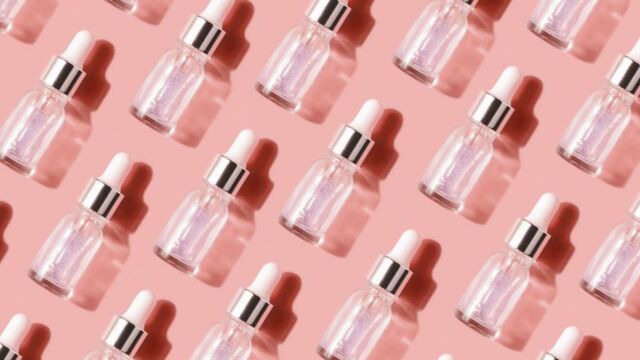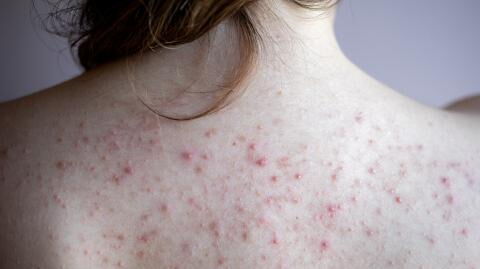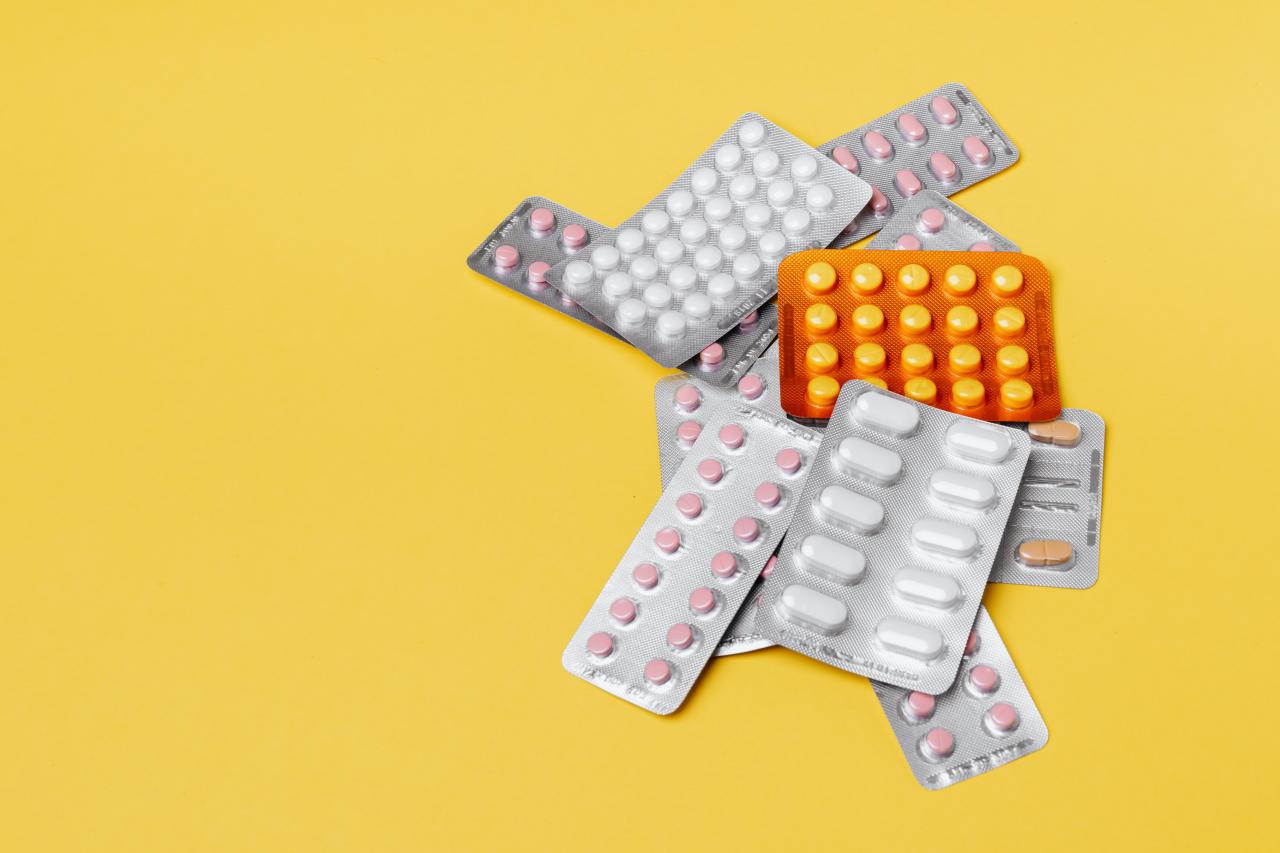Whether it be hormonal or maskne, conquering your acne isn’t always the end of the battle. After vanquishing the painful red mountains from our faces, many of us are left with inflammation and hyper pigmentation.
Discover our latest podcast
After my struggle with hormonal acne, I was left with the dreaded red spots known as post-inflammatory erythema (PIE) which can be difficult to fade. When left alone, these diluted and damaged capillaries can take up to a year or more to lighten, given they don’t get worse. In a desperate attempt to fade my PIE and without the budget for laser treatment, I turned to a tsunami of products promising to help. After years of fliting between niacinamide, vitamin C, exfoliators, and a good SPF, I finally found the holy grail - Azelaic acid.
But what is azelaic acid? You'll be happy to know this product is actually beneficial for a whole range of skin conditions.
What is Azelaic acid?
Azelaic acid often flies under the radar, but if you struggle with acne, hyperpigmentation or redness, this ingredient should be genuinely coveted. Azelaic acid is a gentle exfoliant typically derived from wheat, barley and rye, and is even produced by our own skin. Azelaic acid is also known as comedolytic (fancy word here), which is the opposite of comedogenic, meaning it prevents your pores from getting clogged. As well as saving you from comedones, azelaic acid works as an antioxidant and can help reduce inflammation.
Whether you prefer gels, creams or foaming treatments, azelaic acid comes in all forms and can be obtained both by prescription and over the counter in varying concentrations. If you’re looking for a higher percentage, it’s best to seek a doctor or dermatologist.
What are the benefits of azelaic acid?
The benefits of azelaic acid are five-fold, that’s right, just like that one girl from high school, this ingredient is good at literally everything.
Exfoliation: Azelaic acid is a gentle exfoliator that works to help shed dead skin cells, unclog pores and prevent overall dull skin. And, unlike most exfoliants, azelaic acid is safe to use twice a day.
Acne: Azelaic acid has antibacterial properties which can help to fight off acne. Additionally, it also prevents the production of keratin skin cells which ultimately clogs pores.
Pigmentation: As a tyrosinase inhibitor, azelaic acid also prevents and treats hyperpigmentation conditions such as melasma and post-inflammatory hyperpigmentation (PIH).
Inflammation: Those suffering from rosacea, PIE, and PIH can benefit significantly from azelaic acid due to its anti-inflammatory properties that reduce redness, swelling and rashes.
Antioxidant: Azelaic acid also has antioxidant behaviours which help the skin during renewal and recovery phases, as well as prevents sensitisation and free radical damage.
How to incorporate azelaic acid into your skincare routine
If you find yourself suffering from acne, rosacea, melasma, PIE or PIH, then azelaic acid might just be the miracle ingredient to help get you through.
To incorporate azelaic acid into your skincare routine, apply a thin layer morning or night (or both!) after cleansing and before any thicker serums or creams. If you’re looking for your azelaic acid to go even further, apply it after a chemical exfoliant or retinol, which will help open up the skin and increase product absorption. However, if your skin errs on the more sensitive side, it is best to use azelaic acid just once every other day.
Most importantly, it is necessary for anyone using exfoliating acids to follow up with a good SPF during the day. Left unprotected from the sun, inflammatory and pigmented skin conditions can only get worse and will end up taking longer to fade.















